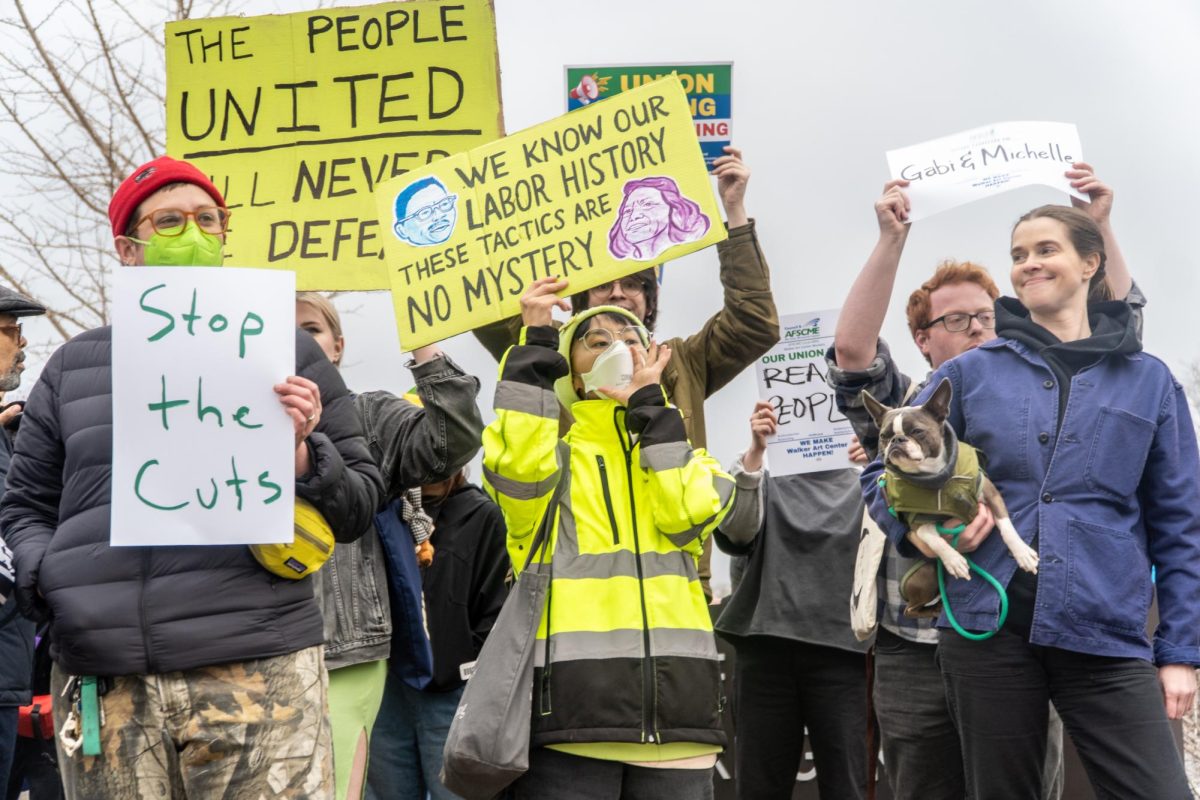Mos Def hates Limp Bizkit. He hates Linkin Park. He hates rap-rock. To the Brooklyn MC, hip-hop isn’t just something you try out. Or pimp out for that matter. What’s worse, thieves such as Fred Durst remind Mos Def of what happened to rock ‘n’ roll.
On his debut album, 1999’s “Black on Both Sides,” the outspoken rapper said “Elvis Presley ain’t got no soul/ Chuck Berry is rock ‘n’ roll.” He added for emphasis, “You may dig on the Rolling Stones, but they didn’t come up with that shit on they own.”
It’s been five years since he spoke those words. And five years without another album.
He returns to us now with “The New Danger.” He’s still pissed off, but he’s doing something about it. He’s taking back rock ‘n’ roll. Taking it back for the people who created it. Little Richard, Bo Diddley, Chuck Berry. Black people.
Mos Def spent much of the five years in between albums establishing himself as a serious actor on Broadway and in Hollywood. But he also was building his rock band, Black Jack Johnson. The name isn’t a dis to the white singer-songwriter of the same name, but respect to the early 1900s boxing champ. Mos Def has spent the last few years touring with the group.
“The New Danger” consequently, bangs with guitars. And singing too.
This probably isn’t what rap fans were hoping for in a new Mos Def album. Most fans want to hear the gifted MC rap. But he doesn’t care. And that’s cool. Because what he’s created here is an album devoid of any care for other people’s expectations.
He wants to sing, so he takes his nasally voice and sings. He wants to rock, so has Black Jack Johnson bring the guitars. He thinks other MCs are just fooling themselves when they bicker for rap supremacy, so he calls those guys out. He takes the beat Jay-Z rapped over when he dissed rival Nas – called “The Takeover” – and pumps some reality into it. He calls his version “The Rape Over,” changing Jay-Z’s chorus from “We running this rap shit” to “Viacom is running this rap shit.”
Mos Def’s jump into this do-whatever-I-want sound will remind some people of what Outkast’s Andre 3000 did with “The Love Below.” But there’s a clear difference between the two. Mos Def is still making songs about the issues he’s always cared about. He strikes down the continued white demonization of black men on “The Boogie Man Song.” He gives us a glimpse of the ghetto in “Life is Real.” And you can guess which sideways-talking president gets a foot in his derriere on the bombastic “War.”
Mos Def is still making hip-hop. But he’s repping something else here too. If you don’t get it from the sounds he hits you with on the album’s opener, you’ll get it by the third track, “Ghetto Rock,” where Mos Def says very loudly: “Yes, we are rock ‘n’ roll.”
Eat that, Elvis.







